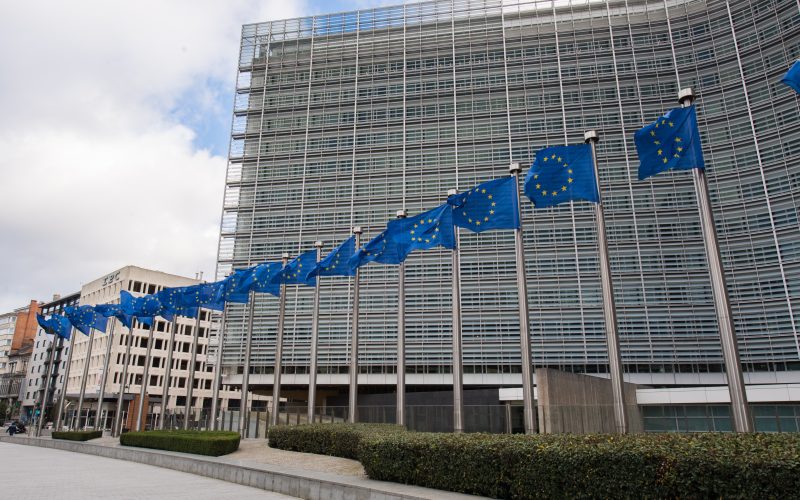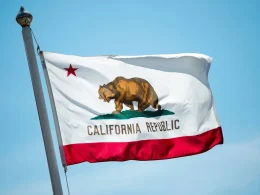European Union member states are negotiating new proposals that would offer industries greater flexibility in meeting the bloc’s climate goals, according to a draft document seen by the media. The move aims to win wider support for the EU’s planned 2040 target to cut net greenhouse gas emissions by 90%, ahead of the COP30 climate summit in November.
The draft compromise, dated 25 October, outlines plans for the EU to review progress towards the 2040 target every two years — a mechanism that could allow Brussels to adjust or soften the goal in future. It also stipulates that if carbon absorption from forests or CO₂-removal technologies falls short of expectations, other industries will not be required to make deeper cuts to compensate. “Possible shortfalls in one sector should not be at the expense of other sectors,” the text states.
The proposed revisions reflect calls made by EU leaders at a recent summit, where discussions focused on balancing climate ambition with economic competitiveness, energy costs, and defence spending. Some governments have expressed concern over how to finance the low-carbon transition while supporting industries facing competition from China and trade tensions with the United States.
Despite the potential flexibilities, the 90% emissions-cutting target remains unchanged, as does the provision allowing up to 3% of reductions to be achieved through foreign carbon credits. However, several countries — including France — have argued for expanding that quota to 5%.
To secure agreement, the European Commission has pledged to review other contentious green measures, including price controls in the planned carbon market for transport fuels, as requested by Poland and the Czech Republic. It is also considering modifications to the 2035 ban on combustion-engine vehicles following pressure from Germany and Italy.
EU ambassadors are expected to deliberate on the draft next week, with climate ministers scheduled to attempt final approval of the 2040 target on 4 November. Denmark, which currently holds the rotating EU presidency and drafted the document, declined to comment.





















